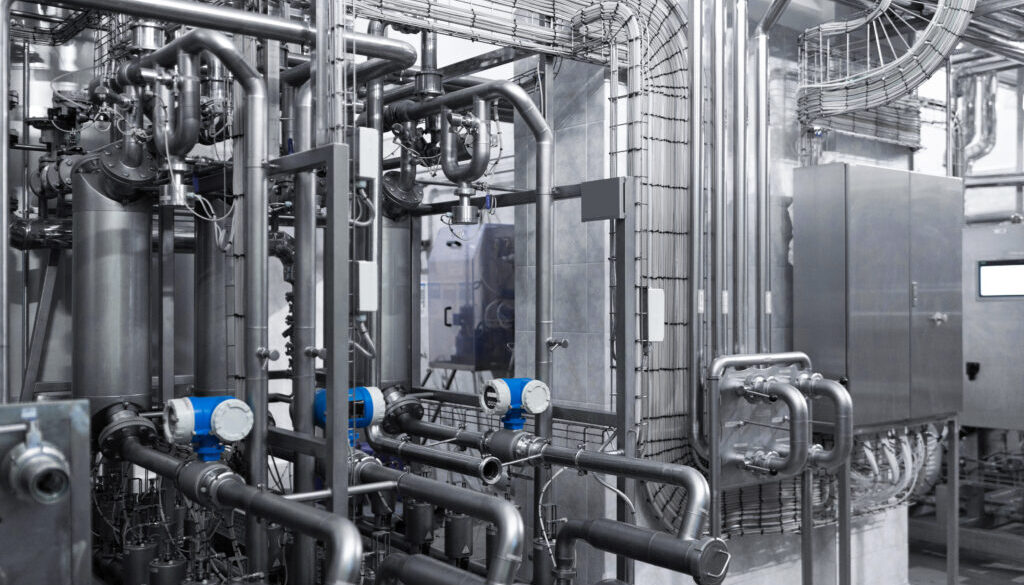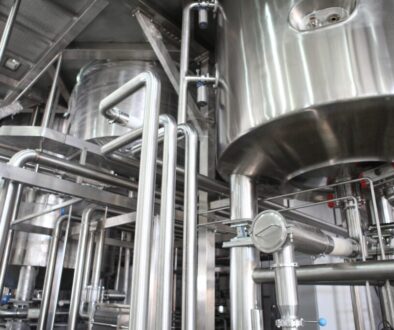Industrial cooling systems are vital for a range of industrial applications, from food processing to data centers. These systems work to regulate temperatures and maintain optimal operating conditions for equipment and processes. However, over time, industrial cooling systems can become outdated, inefficient, and ineffective, which can have a significant impact on business operations. Upgrading your industrial cooling system can offer a range of benefits, including improved energy efficiency, increased capacity and performance, improved process control, better environmental control, and lower maintenance and repair costs.
Improved Energy Efficiency
One of the most significant benefits of upgrading your industrial cooling system is improved energy efficiency. Older systems are often less energy-efficient and consume more power than modern systems, resulting in higher energy bills and increased environmental impact. Upgrading to a more energy-efficient system can reduce energy consumption, resulting in significant cost savings over time. Newer systems use advanced technologies such as variable speed drives, improved compressor technology, and more efficient heat exchangers to reduce energy consumption and lower operating costs.
Increased Capacity and Performance
Upgrading your industrial cooling system can also increase capacity and performance. Older systems may not be able to keep up with increasing demand or changing requirements, leading to equipment failures, reduced productivity, and increased downtime. Upgrading to a more advanced system can provide greater capacity, higher performance, and improved reliability, ensuring that your business can meet its operational needs. A new system can help maintain optimal operating conditions, even in extreme environments, reducing the risk of equipment failure and increasing uptime.
Improved Process Control
Industrial cooling systems play a critical role in maintaining optimal process control, particularly in industries such as food processing and pharmaceuticals. Upgrading to a more advanced system can offer greater precision and accuracy in temperature and humidity control, resulting in improved product quality, consistency, and safety. Newer systems often feature advanced control systems that provide greater accuracy and stability, ensuring that temperatures and humidity levels remain within specified ranges.
Better Environmental Control
Industrial cooling systems can also impact the surrounding environment. Older systems may use refrigerants that are harmful to the environment, contributing to global warming and ozone depletion. Upgrading to a more environmentally friendly system can reduce your business’s environmental impact and help you meet regulatory requirements. Newer systems use refrigerants that have a lower impact on the environment, reducing your carbon footprint and improving your environmental sustainability.
Lower Maintenance and Repair Costs
Upgrading your industrial cooling system can also result in lower maintenance and repair costs. Older systems are more prone to breakdowns and require more frequent repairs and maintenance, which can be costly and time-consuming. Upgrading to a more advanced system can reduce the need for repairs and maintenance, resulting in lower costs and increased uptime. Newer systems often require less maintenance and are designed to be more reliable, reducing the risk of downtime and the associated costs.
Summary: Upgrading your industrial cooling system can offer a range of benefits, including improved energy efficiency, increased capacity and performance, improved process control, better environmental control, and lower maintenance and repair costs. By investing in a more advanced system, businesses can optimize their operations, reduce costs, and improve environmental sustainability. An experienced industrial cooling system supplier can provide expert advice on the best solutions for your business needs, helping you to achieve your goals and stay ahead of the competition.




